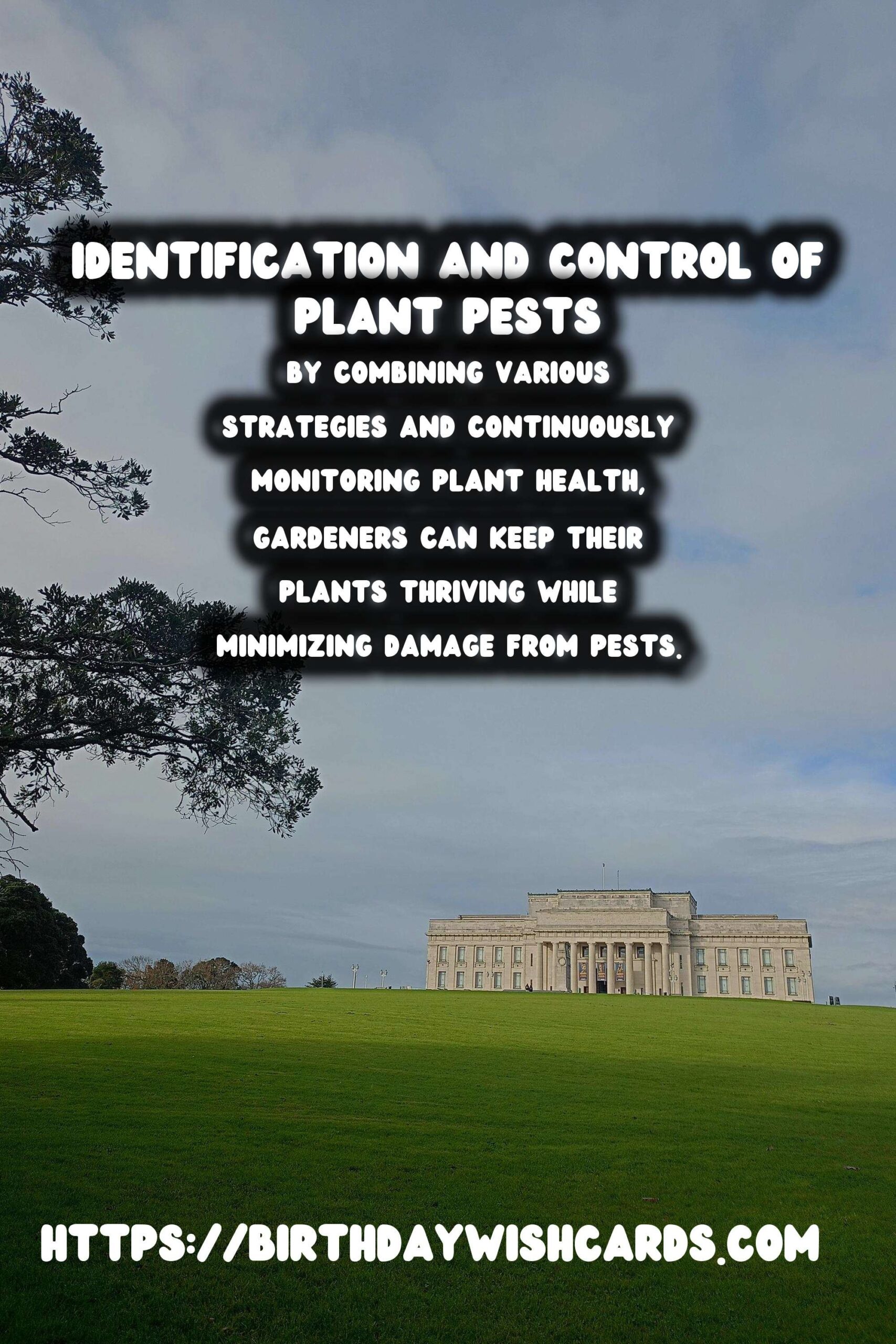
Gardening can be a fulfilling hobby or a commercial enterprise, but one of the frequent challenges faced by gardeners and farmers alike is dealing with plant pests. Understanding plant pests, learning to identify them, and knowing how to control them are essential skills for any successful gardener.
What Are Plant Pests?
Plant pests are organisms that cause damage to plants. This can include insects, mites, nematodes, fungi, bacteria, viruses, and even some animals. These pests can affect plant health by feeding on leaves, stems, roots, or sap, by spreading diseases, or by causing physical damage that leaves plants vulnerable to infection.
Common Types of Plant Pests
The world of plant pests is vast, but some common types include:
- Aphids: Small, soft-bodied insects that suck the sap from plants.
- Caterpillars: The larval stage of moths and butterflies, they feed on leaves.
- Whiteflies: Small, white insects that feed on the underside of plant leaves.
- Fungal Infections: Caused by various fungi, often identifiable by spots or mildew on leaves.
Identifying Plant Pests
Proper identification of plant pests is crucial for effective control. Identification methods include:
- Visual Inspection: Manually checking plants for visible signs of pests.
- Use of Magnifying Tools: Helps in identifying small or hidden pests.
- Consulting Gardening Guides: Many guides and online resources provide valuable identification information.
Control Methods for Plant Pests
Controlling plant pests involves a combination of cultural, mechanical, biological, and chemical methods:
- Cultural Control: Altering farming practices to make environments less conducive to pests. Examples include crop rotation and selecting pest-resistant plant varieties.
- Mechanical Control: Using physical barriers or manual removal of pests, such as handpicking or setting traps.
- Biological Control: Involves using natural predators or parasites to control pest populations.
- Chemical Control: The use of pesticides should be a last resort and done with care to minimize environmental impact.
Integrated Pest Management (IPM)
Integrated Pest Management (IPM) is an effective and environmentally sensitive approach to pest management that relies on a combination of practices. IPM programs use current, comprehensive information on the life cycles of pests and their interaction with the environment, which helps to manage pest damage with the least possible harm to people, property, and the environment.
Prevention Strategies
Prevention is always better than cure. Some strategies include maintaining soil health, encouraging beneficial insects, regular monitoring of plants, and practicing good garden hygiene.
Conclusion
Dealing with plant pests is a challenge but with the right knowledge and tools, it can be managed effectively. By combining various strategies and continuously monitoring plant health, gardeners can keep their plants thriving while minimizing damage from pests.
Gardening can be a fulfilling hobby or a commercial enterprise, but one of the frequent challenges faced by gardeners and farmers alike is dealing with plant pests. By combining various strategies and continuously monitoring plant health, gardeners can keep their plants thriving while minimizing damage from pests. 
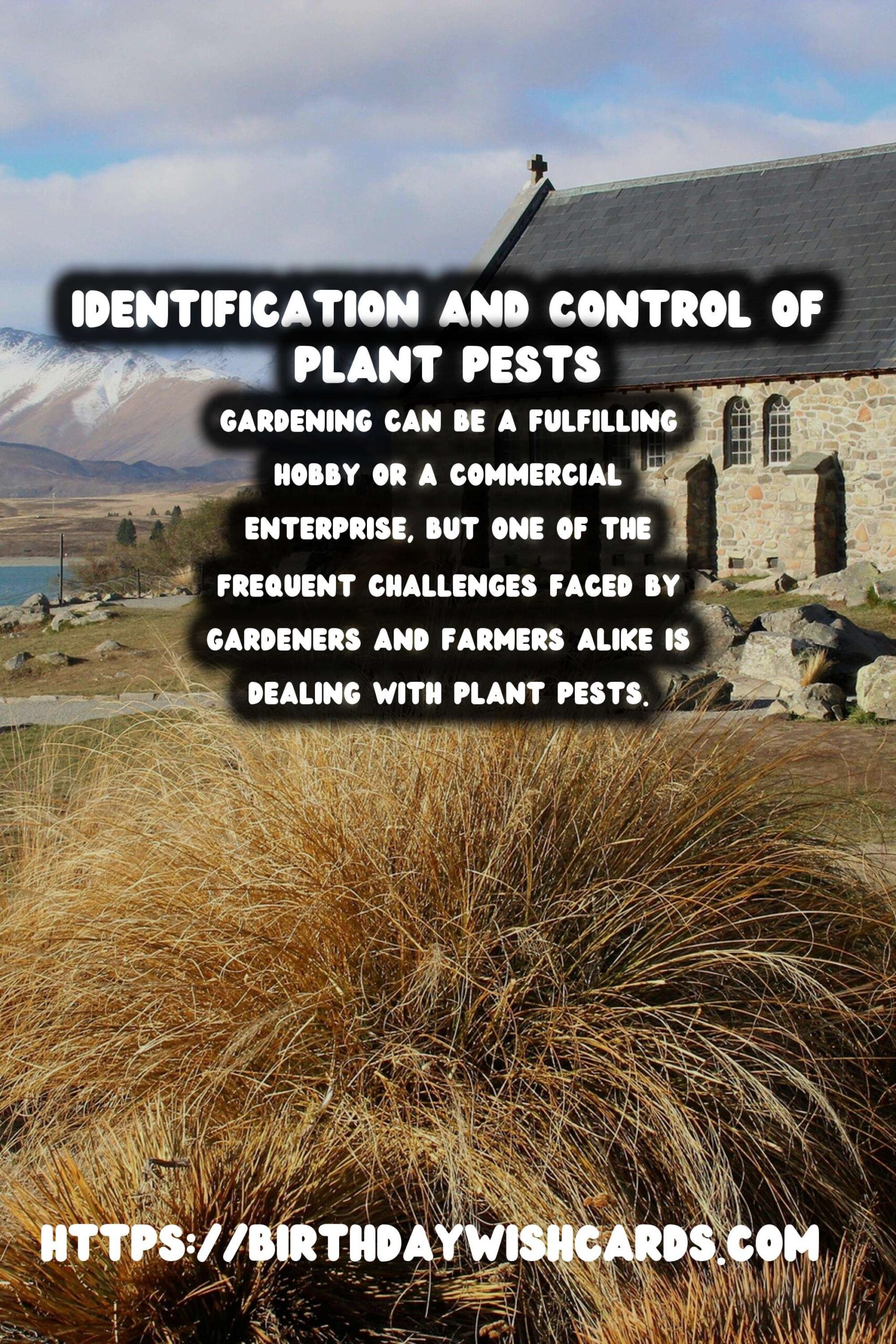
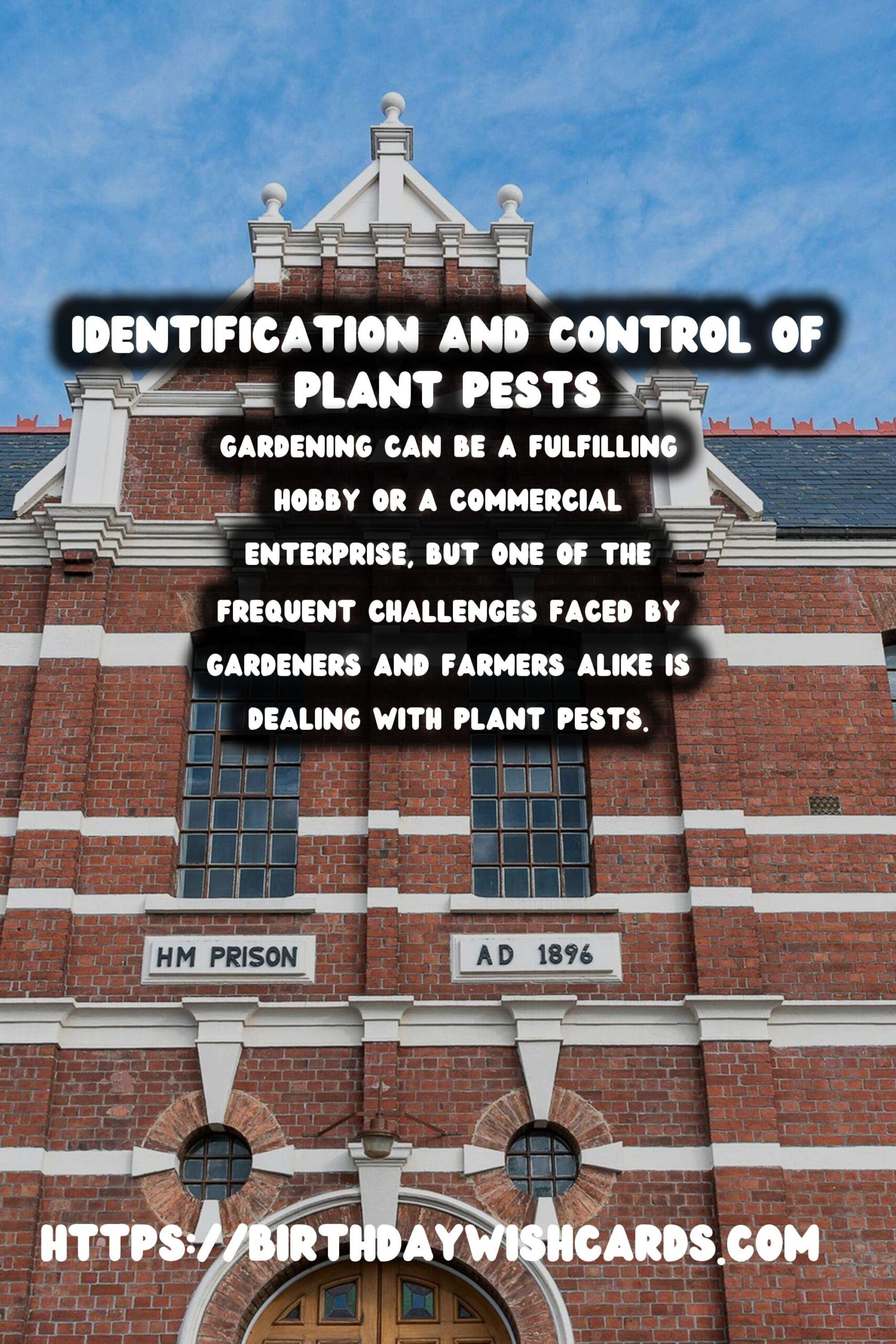
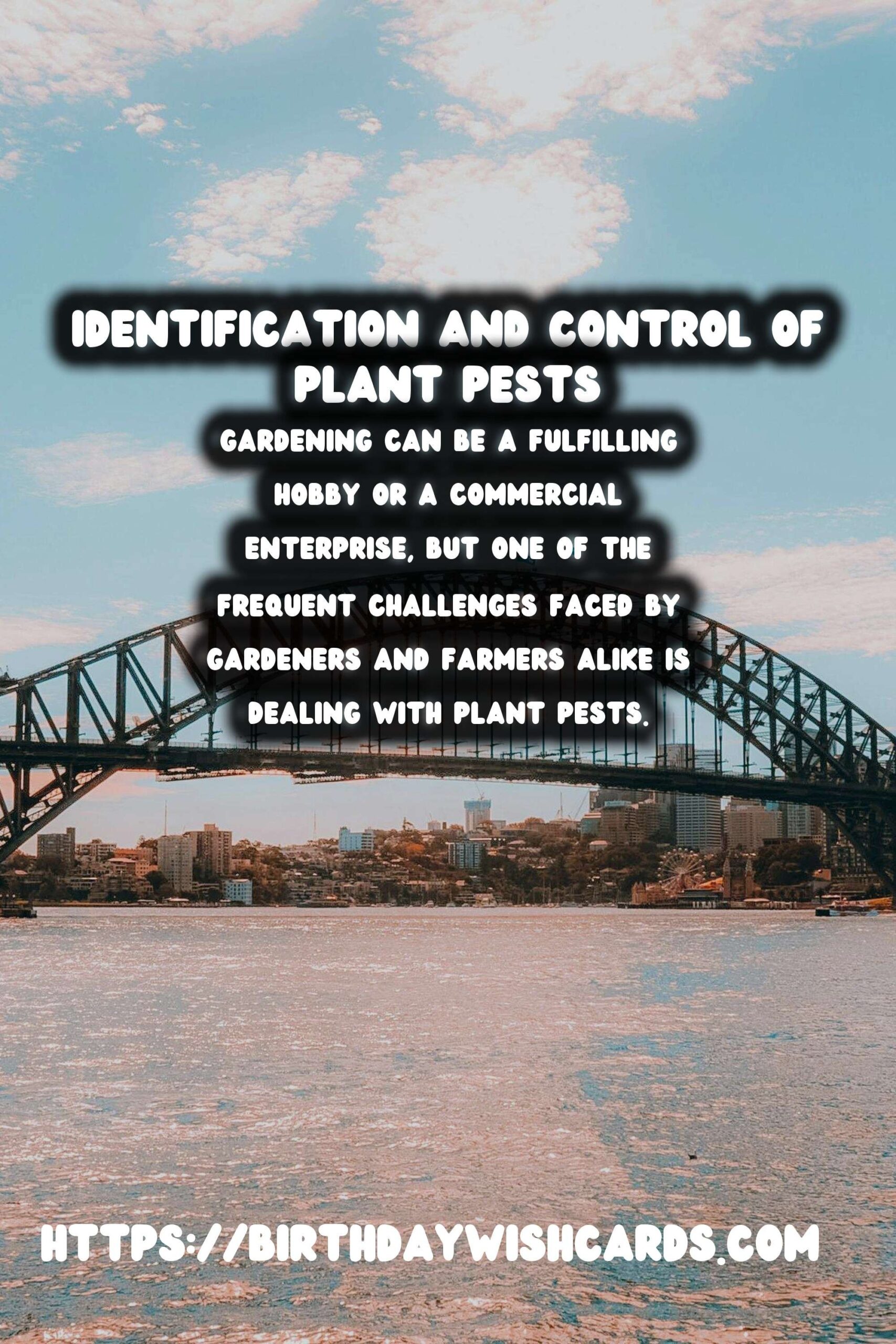
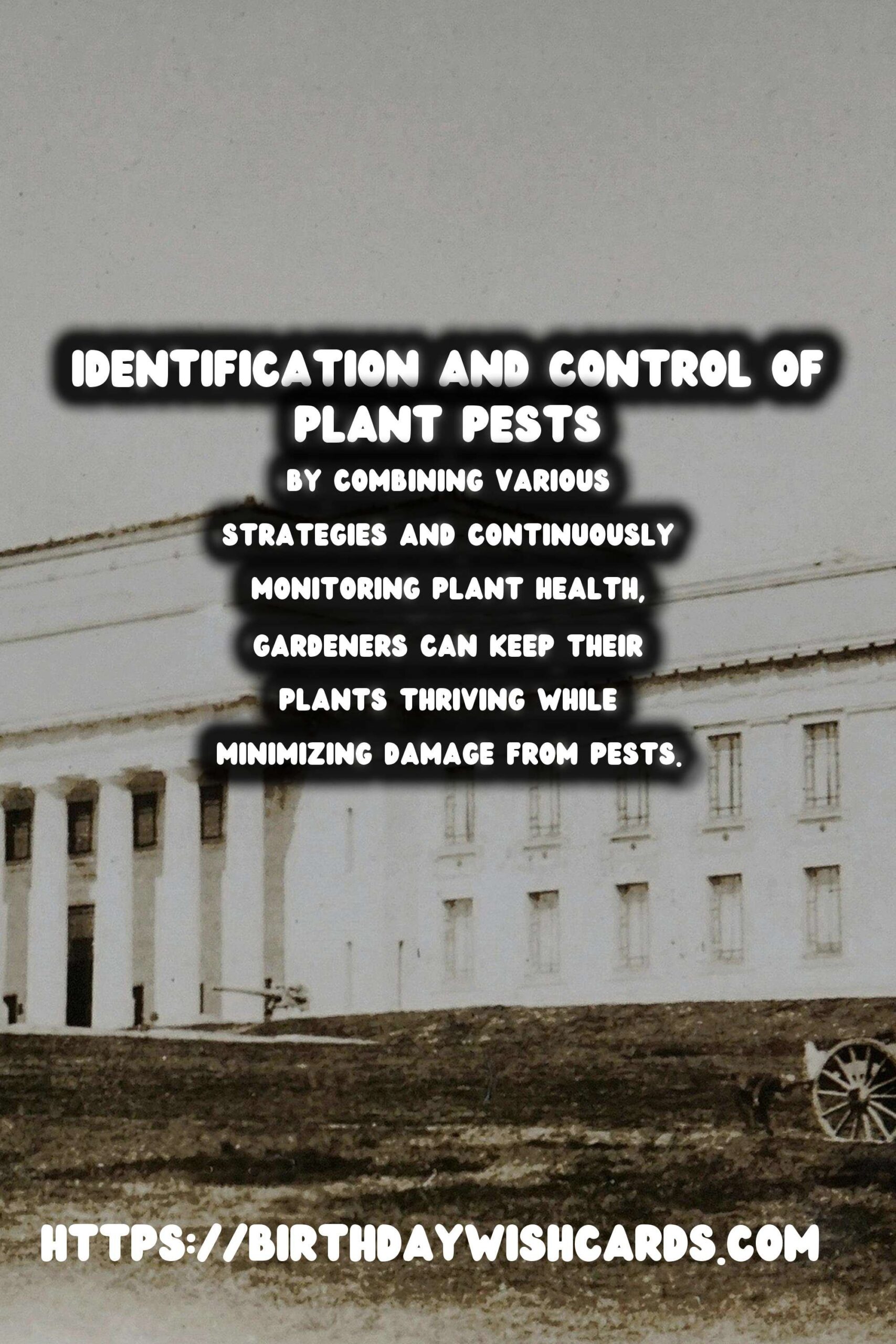
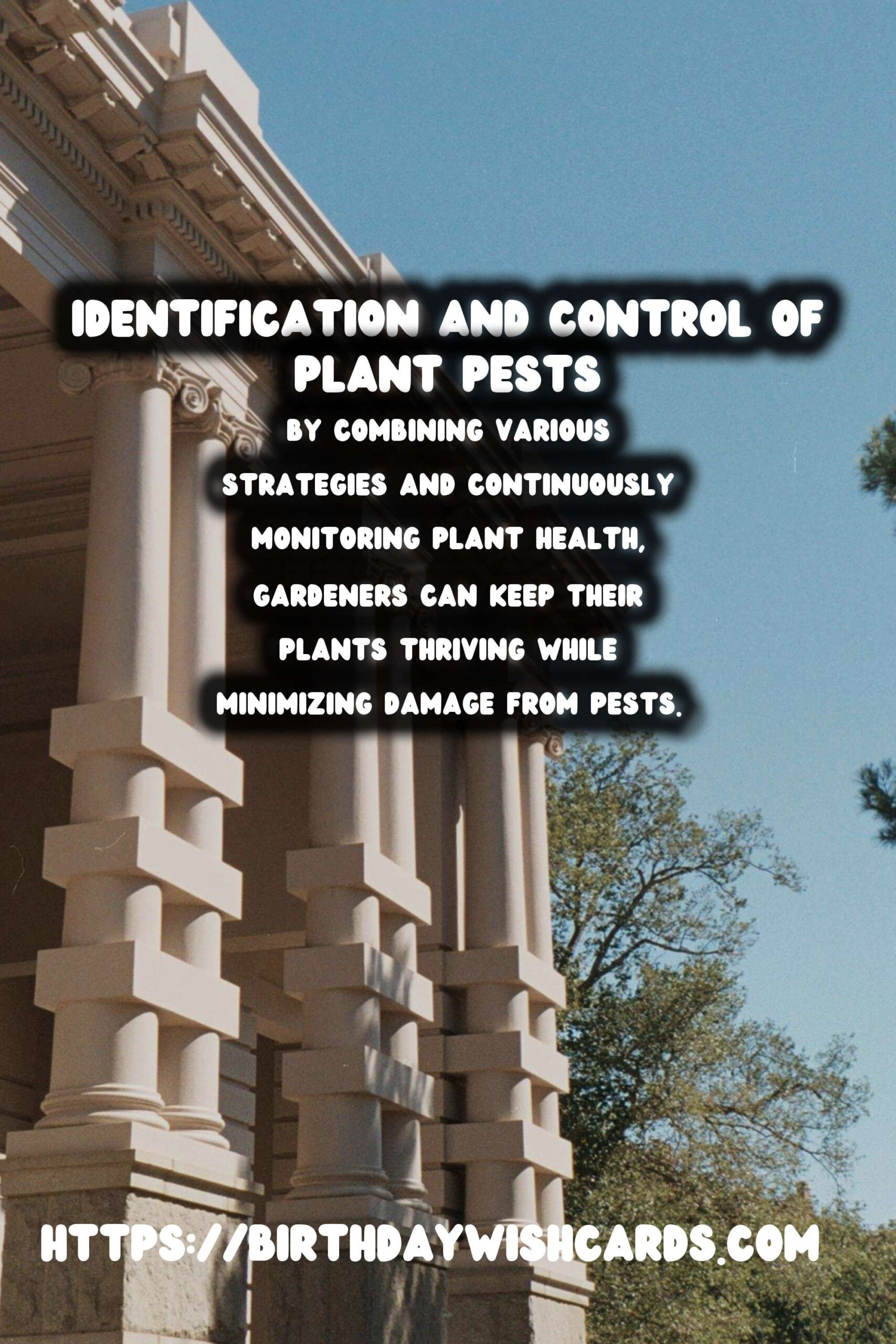
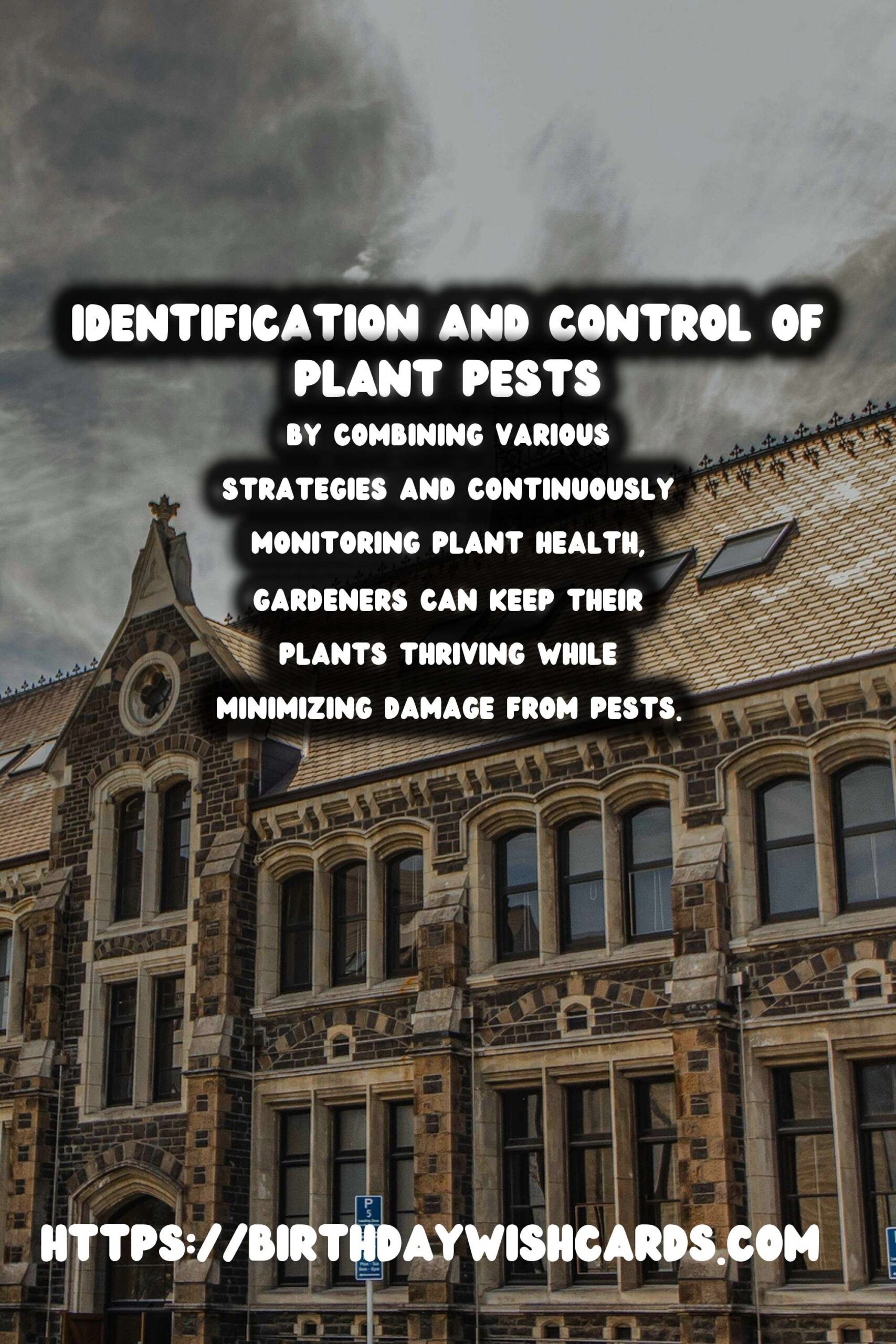
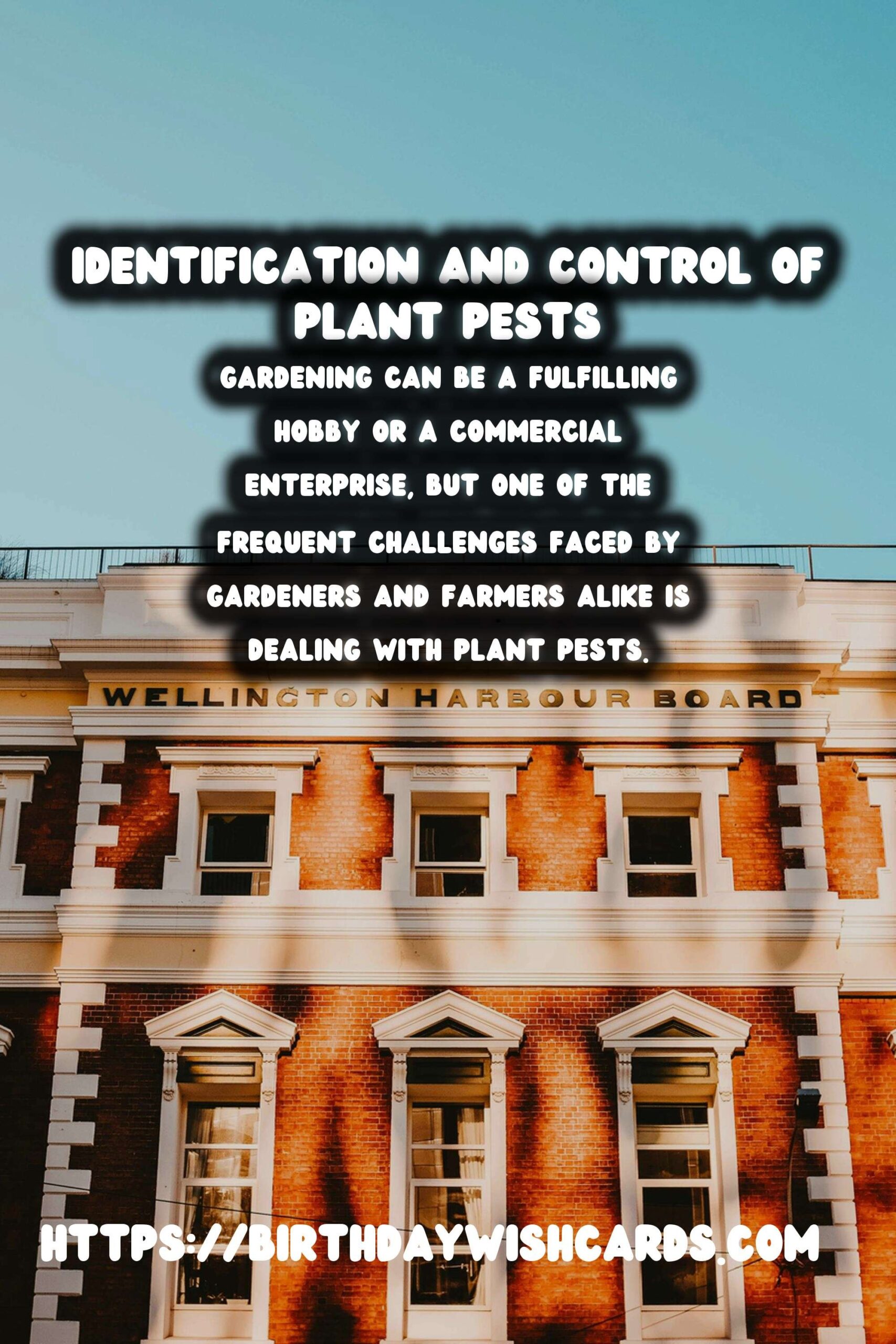
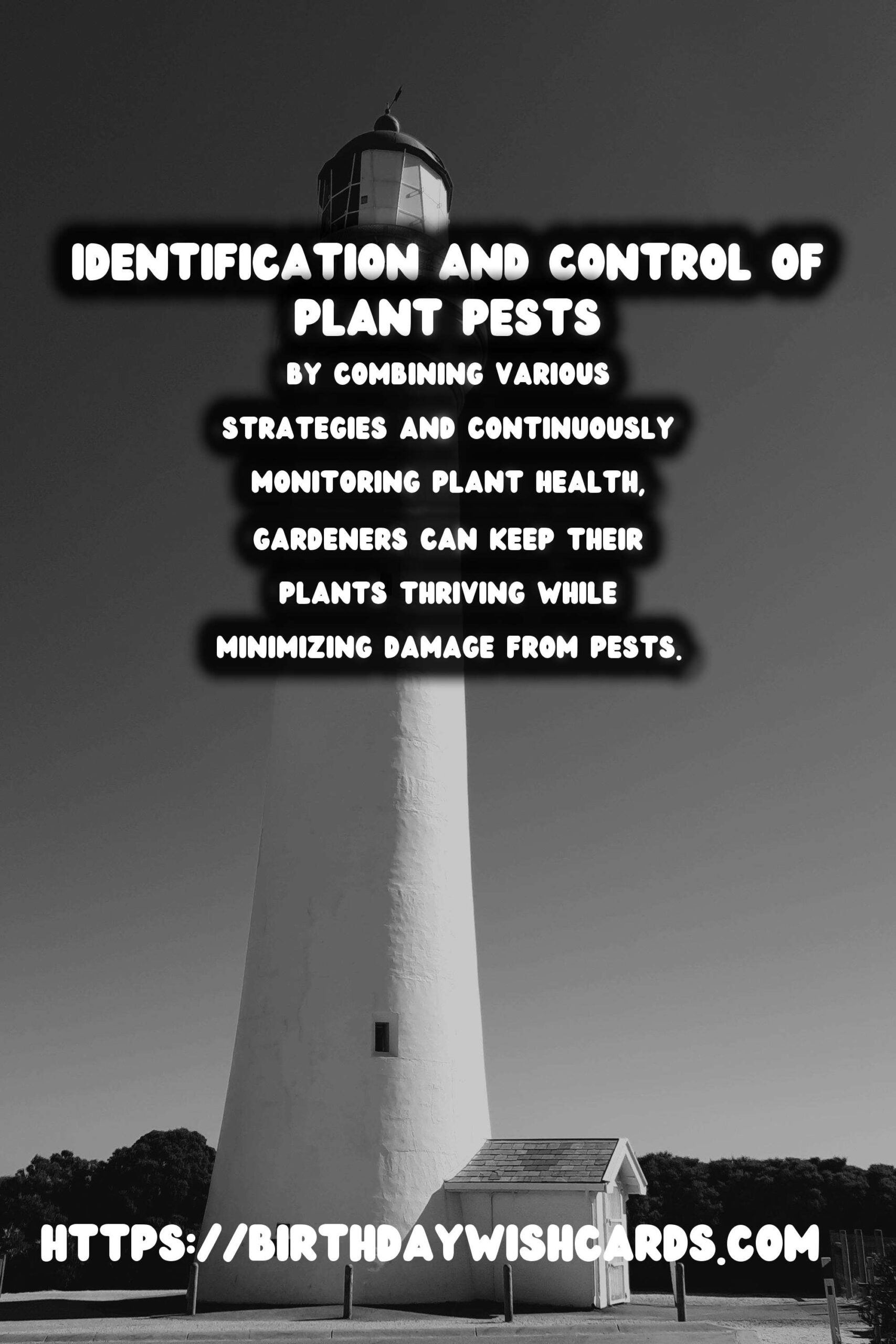
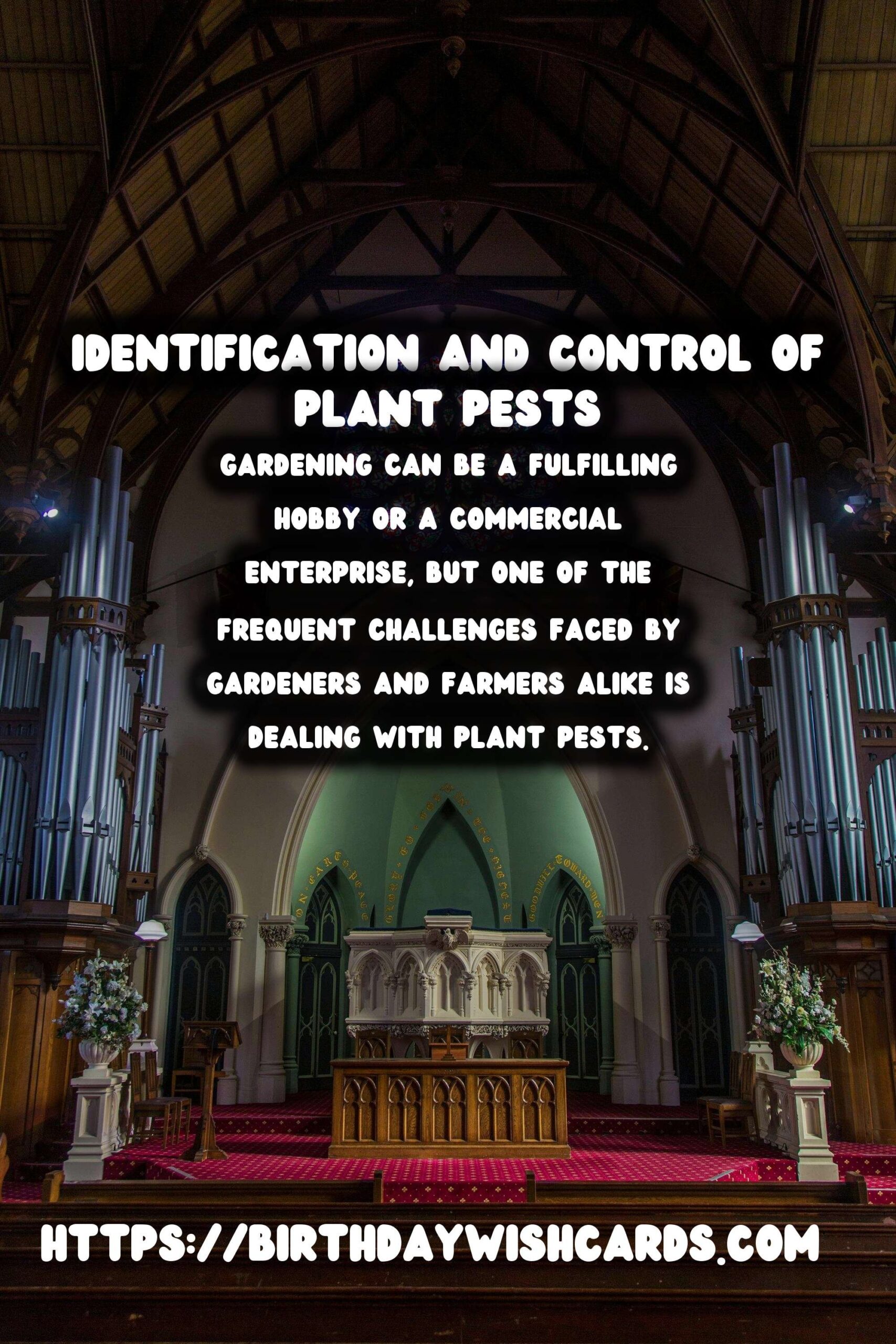
#PlantPests #Gardening



